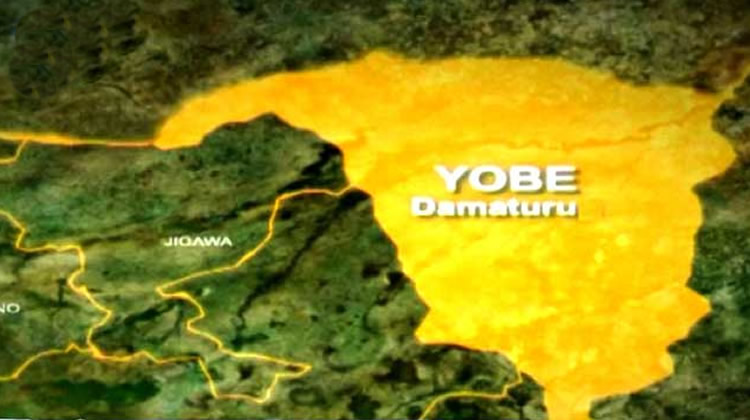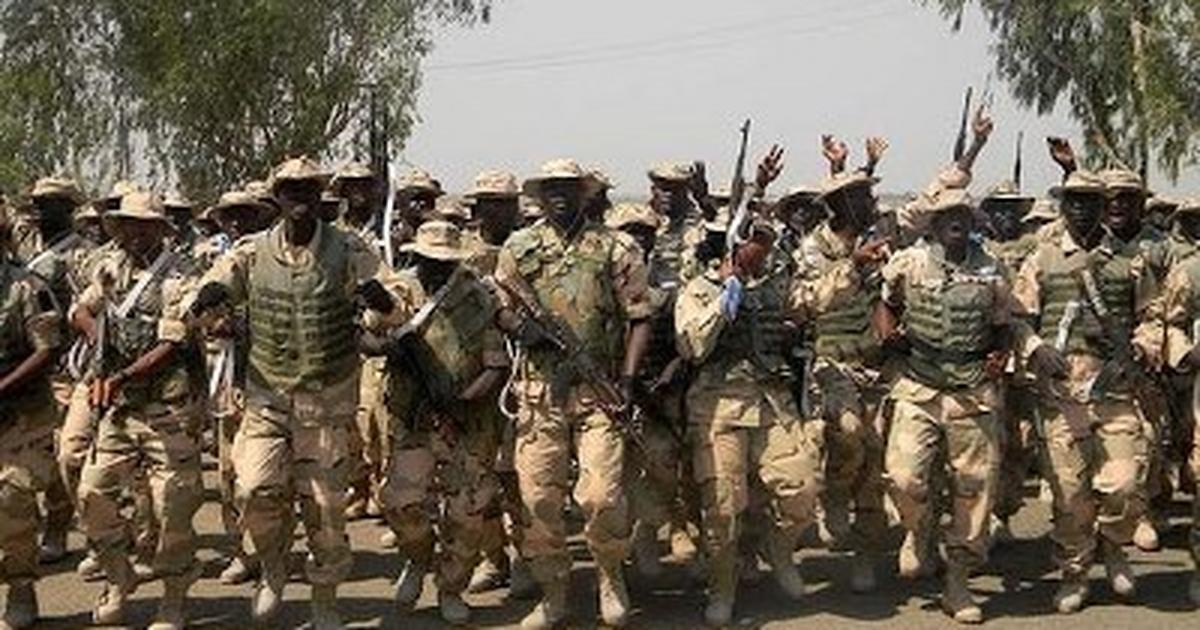WARNING: This story contains details and discussion about suicide.
Vigils have been held since the weekend for a U.S. soldier who died after setting himself on fire in front of the Israeli Embassy in Washington, D.C., in an act of apparent protest over the war in Gaza.
Washington’s Metropolitan Police Department identified the deceased as Aaron Bushnell, of San Antonio, Texas, a 25-year-old active duty member of the U.S. Air Force. The New York Times reported the incident on Sunday was broadcast live over the internet.
“I will no longer be complicit in genocide,” Bushnell apparently said before dousing himself in a clear liquid and setting himself on fire, screaming, “Free Palestine,” according to the Times.
It appears to be the second such act since a Hamas-led Oct. 7 attack in Israel, which was followed by Israel’s military bombardment of Gaza, which has led to the deaths of tens of thousands of people, the vast majority of them non-combatants.

A woman, who has not been publicly identified, burned herself using gasoline outside the Israeli consulate in Atlanta in December. She survived, but suffered third-degree burns. A Palestinian flag was found at the scene, and the act was believed to be one of protest, according to authorities.
The act of self-immolation in the U.S. is exceptional in any event, with around three dozen cases dating back to the 1960s. There were two recent deadly incidents, in 2016 and 2018, in which military veterans with apparent grievances with the U.S. Department of Veterans Affairs, set themselves on fire. Bushnell’s appears to be more unique still, given that he was still on active duty.
“As far as I know, Aaron Bushnell is the first by a member of the American armed services,” Dr. Michael Biggs of Oxford University, who has studied self-immolation extensively, told CBC News via email.
WATCH l General agreement Gaza situation is catastrophic, but genocide debate rages:
As civilian deaths climb in Gaza, some advocates and experts are accusing Israel of carrying out genocide against the Palestinian people. CBC’s Anya Zoledziowski explores what actually constitutes genocide and why the term is being used more frequently in this conflict.
Dying for a collective cause
Self-immolation has come to be known as suicide by use of fire, though some academics use the term auto-cremation.
Biggs, in amassing a list of hundreds of self-immolation incidents, both fatal and non-fatal, since the 1960s, includes other methods in his list of dying “for a collective cause” in a public manner, such as jumping to one’s death or swallowing toxic substances.
The motivations behind self-immolation incidents tend to be dominated by reasons related to war and other suffering, but have also included climate change, refugee policies and men’s rights.
Examples of self-immolation as protest date back centuries in Buddhism and Hinduism, though it’s not a practice that’s actively encouraged in either religion. Incidents in the 20th century increased significantly after the 1963 death of Thich Quang Duc, the monk who lit himself on fire to protest the South Vietnamese government’s treatment of Buddhists.

Biggs has written that there was “no precedent either for politically motivated sacrifice or for death by fire” in the U.S., but several Americans would soon follow Duc, in protest of the Vietnam War.
The first to do so was Alice Herz, an 82-year-old peace activist.
“I wanted to burn myself like the monks in Vietnam,” Herz was said to have told the Detroit firefighters who reached the scene in 1965. She later died.
Norman Morrison — like Herz, a devout Quaker — ended his life in a similar manner about seven months later in front of the Pentagon. That’s where U.S. defence secretary Robert McNamara and others were overseeing the deployment of more than 100,000 additional personnel to Vietnam, from a year-end total of 24,000 in 1964.
“For weeks, even months, I have been praying only that I be shown what I must do,” Morrison wrote his wife. “This morning with no warning I was shown.”
There have been spikes since in self-immolation and auto-cremation, including dozens in 1990 in India to protest the country’s caste system, and some 160 people since 2009 in Tibet to protest Chinese repression.
‘Destroyed for a very good cause’
While most documented cases of self-immolation involve people clearly intending to end their lives, Biggs told CBC “some survivors have acted in a symbolic manner without … an intent to die.” He pointed to some incidents in South Asia where other people were on hand to quickly extinguish the flames.
A Tibetan in India who intended to die, but survived, told CBC Radio in 2012 he didn’t regret his decision, despite now living with a limp and recurring pain.
In the moment, “I felt no anger, I was actually relaxed,” he said. “I believe somehow I was going to heaven. So even if my body were to be destroyed, I felt that it was going to be destroyed for a very good cause.”
Tunisian Hosni Kaliya came to a different conclusion after enduring reconstructive throat surgery and other burn-related procedures.
“It was all a mistake,” he told Germany’s Der Spiegel in 2016.
Kaliya committed his act in 2011, just days after the death of Tunisian street vendor Mohamed Bouazizi, who set himself on fire after continued claims of police harassment. Bouazizi’s death was seen as a catalyst in the Arab Spring, a wave of protests against authoritarian governments and living conditions in the Middle East and Africa.
Biggs has written that many who are compelled to take such a drastic step — to the extent they are thinking about its external effects — are seeking to galvanize others who subscribe to the collective cause, or potential sympathizers.
In the wake of Quc’s death, Vietnamese Buddhist monk and activist Thich Nhat Hanh wrote Martin Luther King in 1965, saying, “To burn oneself by fire is to prove that what one is saying is of the utmost importance.”
Biggs has written that many self-immolation deaths have not led to a collective response in the form of a mass funeral or increased protest activity. But others, like Duc’s, have reverberated years or decades later.
For example, Morrison’s death in Washington in 1965 affected not only his family. Robert McNamara talked about its impact in his 1995 memoir, In Retrospect: The Tragedy and Lessons of Vietnam.
“I reacted to the horror of his action by bottling up my emotions, and avoided talking about them with anyone — even my family. I knew [they] shared many of Morrison’s feelings about the war,” he said.
McNamara would also exchange letters with Morrison’s widow, Anne, as she recounted to the Guardian in 2010 to promote her book Held in the Light: Norman Morrison’s Sacrifice for Peace and His Family’s Journey of Healing.
Of McNamara, she said, “Norman’s death is a wound that we both carried.”
If you or someone you know is struggling, here’s where to get help:






